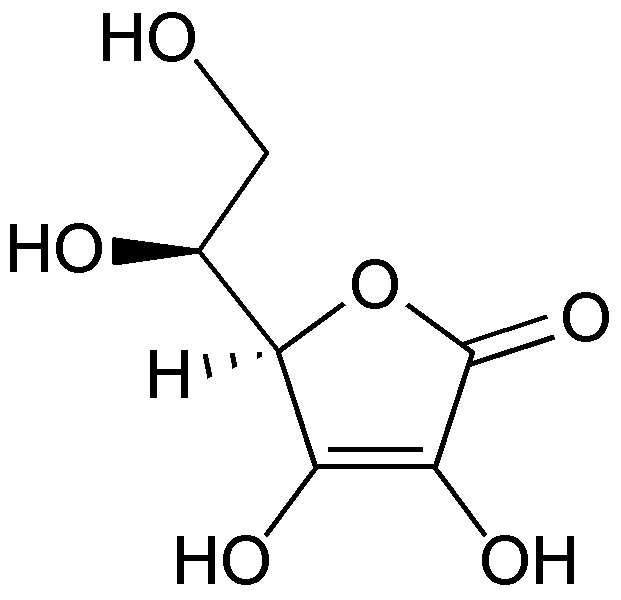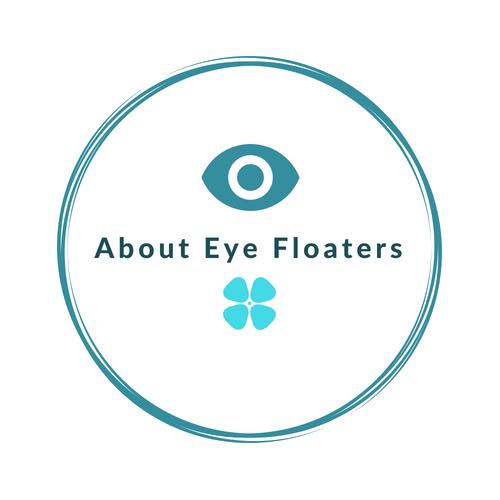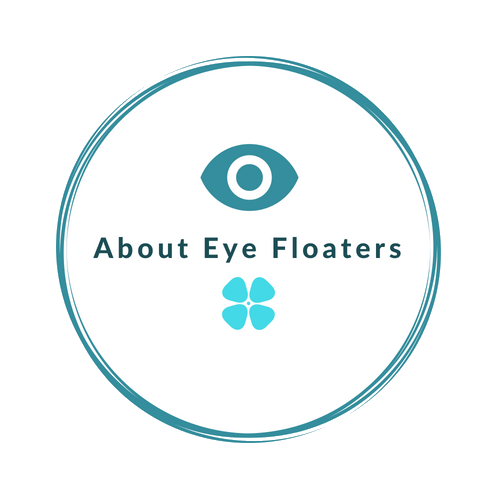Vitamin consumption has grown to be quite mainstream in recent years. Many people simply cannot achieve the recommended intake of certain vitamins and minerals, so they turn to supplementation as a solution. Vitamins exist for just about every ailment a person may have; there are vitamins for hair health, sleep-aid, increased energy, and likewise, there are also vitamins for eye floaters.
Below is a list of what are considered to be the best vitamins for eye floaters. Keep in mind that the following vitamins are also phenomenal to use as general eye health supplements.
Lutein

Lutein is widely regarded as the most beneficial eye health supplement. Lutein is one of the carotenoids found in the human eye- a carotenoid is simply a pigment which influences the color of certain plant parts. Lutein is extremely valuable to the eyes because the pigment acts as a light filter to protect tissues in the eye from UV rays.
Foods that are high in lutein include:
Broccoli
Spinach
Kale
Corn
Orange Pepper
Squash
Additionally, lutein can be purchased in supplemental form, which is of course why it’s included as one of the best vitamins for eye floaters. 20mg of lutein a day is the recommended dose by a majority of opthamologists and medical professionals.
Zeaxanthin

Zeaxanthin is essentially a brother to lutein; the two go hand-in-hand. Zeaxanthin is the second carotenoid found in the human eye, and this pigment largely serves the same purpose as lutein: protecting the eyes from ultraviolet rays.
Several studies have been conducted over the years that prove lutein and zeaxanthin supplementation is beneficial in terms of preventing cataracts and macular degeneration. Perhaps the greatest attribute of the two pigments is their ability to simultaneously strengthen and protect the retina. Eye floaters appear because of the casting of a shadow on the retina, so therefore it is no surprise that zeaxanthin is among the praised vitamins for eye floaters.
Foods that are high in zeaxanthin include:
Paprika
Corn
Saffron
Wolfberries
Zeaxanthin, like lutein, is available in supplemental form. 20mg of zeaxanthin each day is a common dose, and has shown no adverse side effects in consumers taking the vitamins daily for six months.
Vitamin A

Vitamin A serves to protect the surface of the eye, the mucous membrane, and the skin. Vitamin A is essentially a group of organic compounds as opposed to a single vitamin. Retinol, retinal, retinoic acid, and a variety of provitamin A carotenoids are classified as vitamin A.
Vitamin A is one of the key components of rhodopsin which is the molecule that forms when light hits the retina. A lack of Vitamin A will therefore result in less production of rhodopsin in the event that light shines on the retina. Without rhodopsin, the eyes have very little protection from harmful UV rays and other sources of light.
Ultimately, vitamin A is crucial for maintaining strength of the retina. Healthy retinas will result in less likelihood of cataracts, eye floaters, and macular degeneration over time.
Foods that are high in Vitamin A include:
Milk
Eggs
Carrots
Tomatoes
Peppers
Kale
Vitamin C

Most people know of vitamin C as the antioxidant vitamin. While vitamin C is used extensively by cells in the immune system to carry out specific tasks, it is also detrimental for eye health.
Human eyes are consistently subject to oxidative damage from free radicals over a lengthy period of time. Free radicals form when a person is exposed to tobacco smoke or radiation. Vitamin C forms a protein that helps repair skin, cartilage, bones, and blood vessels; thus, vitamin C acts as a protective agent against free radicals.
Eye floaters are commonly caused by bleeding in the eye which may be a result of damaged blood vessels. Vitamin C, therefore is among the principal vitamins for eye floaters.
For men, the recommended dose of vitamin C is 90 mg. The recommended dose for women is 75 mg.
Foods that are high in Vitamin C include:
Citrus fruits
Strawberries
Cantaloupe
Kiwi
Baked potatoes
Vitamin E

Vitamin E is also an antioxidant vitamin that has proved to be advantageous in terms of guarding the eyes against degenerative conditions. With this being said, vitamin E is among the most valuable vitamins for eye floaters because it prevents vitreous deterioration.
Besides being a great vitamin for eye health, vitamin E is commonly used to maintain healthy skin.
Foods that are high in Vitamin E include:
Egg yolk
Nuts
Fish
Liver
Moreover, Vitamin E is synthesized by exposure to sunlight.
Adults should not exceed more than 1500 IU of vitamin E each day. Doing so can result in vitamin E toxicity.
In Conclusion:
To conclude, there are a plethora of vitamins for eye floaters. All of the vitamins mentioned are present in nearly every multivitamin on the market. Taking a multivitamin or some sort of combination of the above vitamins is probably the best way to approach getting rid of eye floaters because there is a sense of integrity maintained.
For more information pertaining to eye floaters or general eye health, feel free to check out the rest of our website!
If vitamins are not the solution for you, Click Here to discover other ways to get rid of eye floaters


